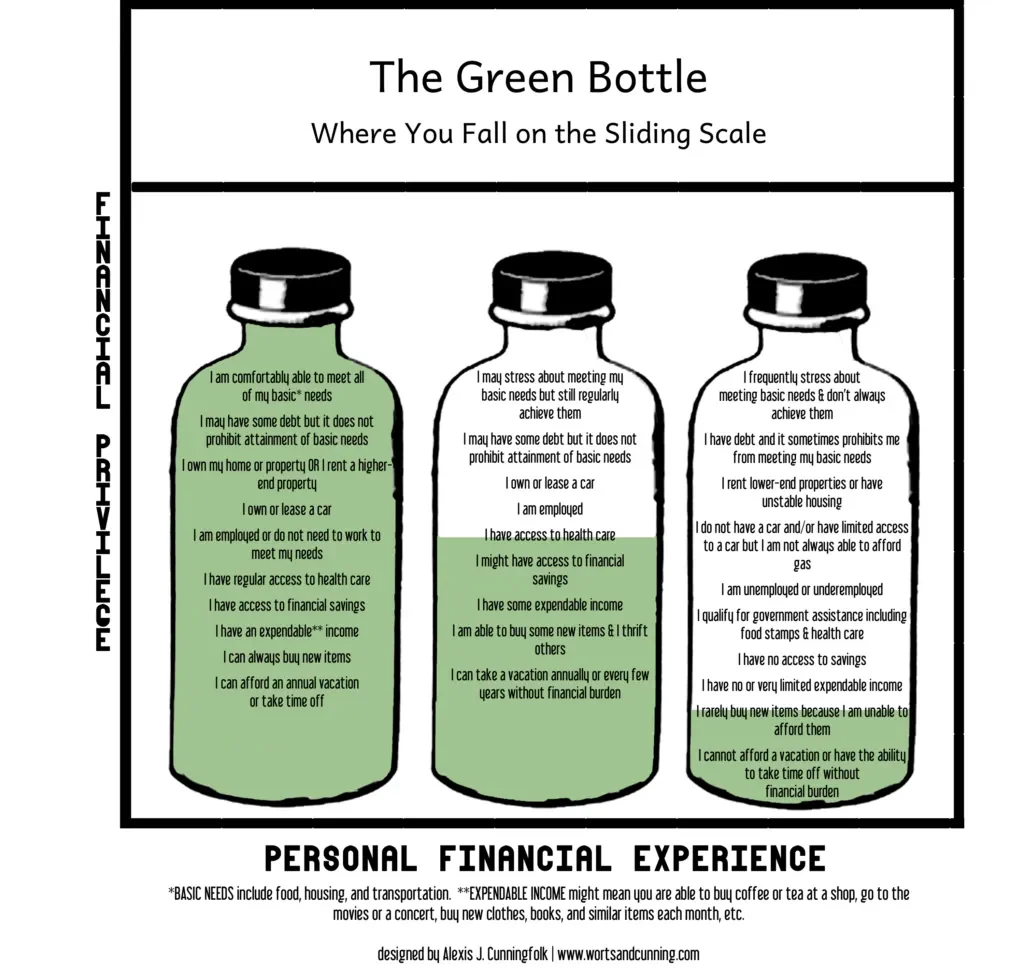As a commitment to economic justice and to disability justice, I work on a sliding scale. We all need care and I know that those among us who need it most, often have the least financial access. My energy is finite so I must take this into consideration though am open to work trades, barter and payment plans.
There are many factors to consider and many people don’t fit in to one category. If you are utilizing my sliding scale I ask that you read the following and examine these to get clear on your proximity to earning power & financial resources.
“Recently, someone shared with me the idea of sacrifice versus hardship when examining access. If paying for a class, product, or service would be difficult, but not detrimental, it qualifies as a sacrifice. You might have to cut back on other spending in your life (such as going out to dinner, buying coffee, or a new outfit), but this will not have a long term harmful impact on your life. It is a sacred sacrifice in order to pursue something you are called to do. If, however, paying for a class, product, or service would lead to a harmful impact on your life, such as not being able to put food on the table, pay rent, or pay for your transportation to get to work, then you are dealing with hardship. Folks coming from a space of hardship typically qualify for the lower end of the sliding scale. I find the idea of sacrifice versus hardship to be a very useful nuance when talking about class and access because it recognizes and respects that paying for something might still be a challenge even if it is just a short-term one, while giving appropriate space for those who are dealing with financial hardship.” - from Alexis J. Cunningfolk's website.
https://www.wortsandcunning.com/blog/sliding-scale
I do not require proof of income and trust you to make your own assessment, utilizing these tools.

